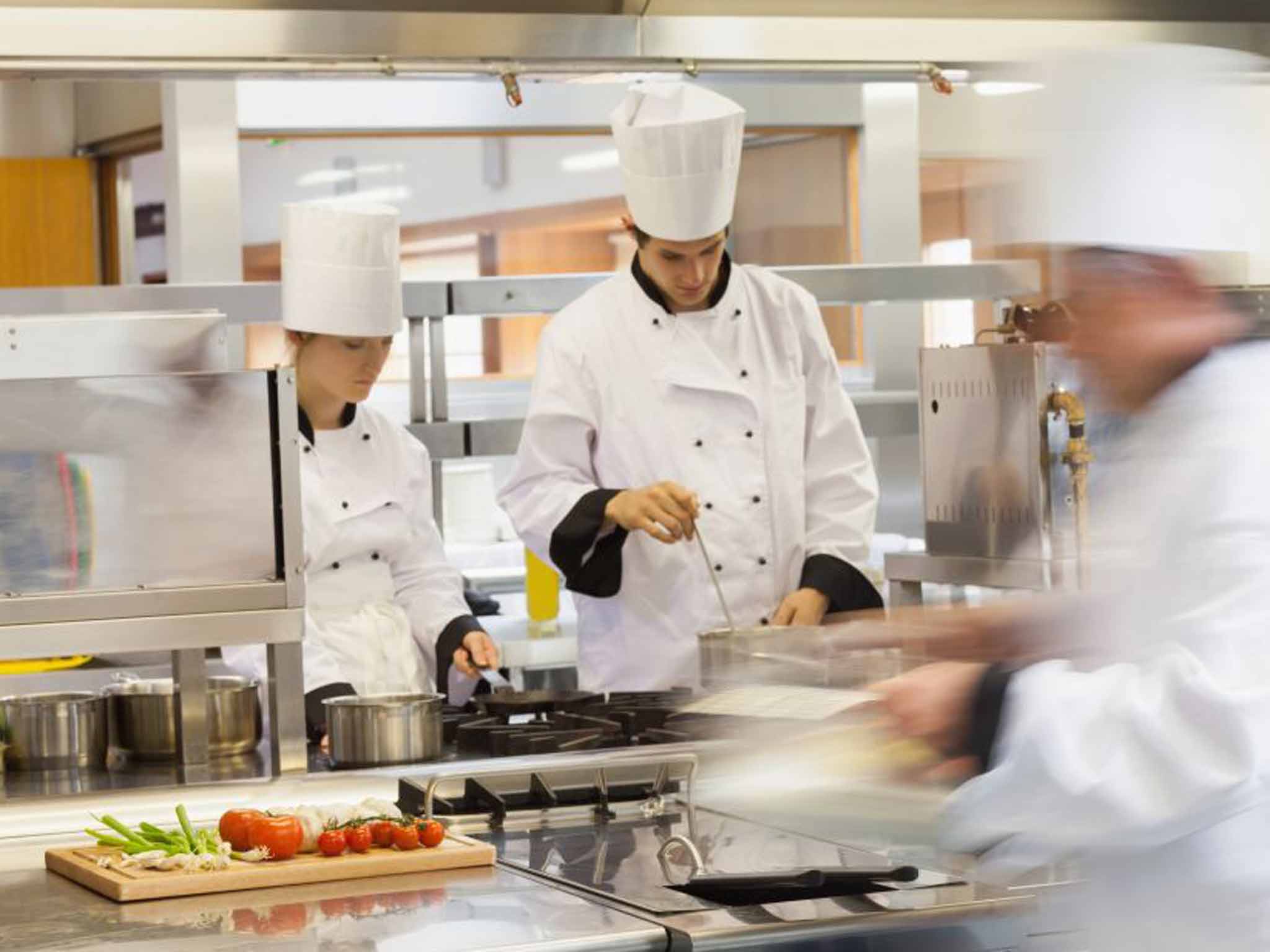Food and travel: How gastronomy can drive you over the edge
The pleasures of each are rooted in anticipation. And each is best kept simple

Your support helps us to tell the story
From reproductive rights to climate change to Big Tech, The Independent is on the ground when the story is developing. Whether it's investigating the financials of Elon Musk's pro-Trump PAC or producing our latest documentary, 'The A Word', which shines a light on the American women fighting for reproductive rights, we know how important it is to parse out the facts from the messaging.
At such a critical moment in US history, we need reporters on the ground. Your donation allows us to keep sending journalists to speak to both sides of the story.
The Independent is trusted by Americans across the entire political spectrum. And unlike many other quality news outlets, we choose not to lock Americans out of our reporting and analysis with paywalls. We believe quality journalism should be available to everyone, paid for by those who can afford it.
Your support makes all the difference.Eating is one of the chief reasons for travel. That’s the essential truth discovered by the publishers of Michelin’s Guide Rouge. No one, at least no one in their right mind, is interested in tyres. So, Michelin made gastronomy a rationale of car journeys. There were two results: one, people inadvertently burnt Michelin rubber on their way to dinner; two, destinations became associated with dishes – Geneva and perch, Crissier and mashed potato, Troyes and andouillettes, for example.
So, it’s worth noting that food can be at least as dangerous as a car journey.
The chief influence on Michelin’s famous guides was the gourmet-journalist with the nom-de-plume Curnonsky. He wrote wonderful books about French food and travel (even though he did not drive), but died at 84 when he fell from the balcony of his apartment on the rue Henri Bergson in Paris. It was said he had been dieting and, while extending his life with wholesome restrictions on his appetite, a fatal ennui had overtaken him.
In Crissier recently, there was another sad food death. Crissier is a dull exurb of Lausanne which came to notice in the 1980s when a chef-patron called Frédy Girardet raised its little restaurant in the Hotel de Ville to cosmic three-star status. His mashed potato was a signature dish. Girardet was the master and mentor of Benoît Violier who, having achieved his own fantastic levels of artifice, shot himself on 31 January. It’s assumed that Violier was anxious of maintaining the restaurant's lauded three-star position, one which all the business relationships and bank loans and, indeed, customers, cling to like burnt sugar to a hot pan.
Exactly that happened to Bernard Loiseau 13 years before. Having over-extended himself, and over-extended his restaurant from pleasant Burgundian hostellerie to absurd pleasure palace with glass lifts, a spa and a gift-shop, the fear of losing his status made him drop his spatula and pick up his hunting rifle.
There’s a magnificent precedent here. On the 24 April 1671, François Vatel stabbed himself in the Château de Chantilly. His employer, the Prince de Condé, was entertaining Louis XIV and Vatel’s delivery man was late with the fish. According to Madame de Sevigne, who described the events in a letter, Vatel could not face the humiliation. It was 8am, perhaps the very moment when insanely pressurised chefs feel most alone.
Elizabeth David said a bad meal is always expensive. And sometimes, alas, a bad review can be fatal. This is the more melancholy because food and travel are fundamentally linked in theory as well as fact. The pleasures of each are rooted in anticipation. And each is best kept simple. Too much artifice is destructive on the plate or on the road. With less mad sophistication and more honest simplicity, Violier and Loiseau would still be happily in their kitchens.
And we would still happily go to Crissier and Saulieu to see them.
Join our commenting forum
Join thought-provoking conversations, follow other Independent readers and see their replies
Comments